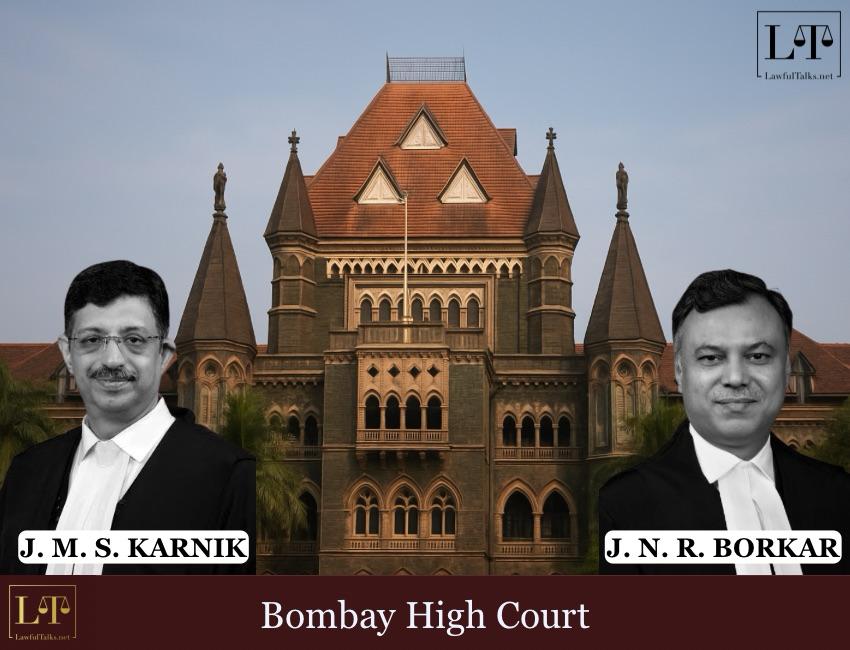Allahabad HC Sets Aside Afzal Ansari's Conviction, Allows Him to Continue as MP

In an important ruling on probate law, the Bombay High Court has held that the explanations (a) to (e) under Section 263 of the Indian Succession Act, 1925, are illustrative and not exhaustive. A Division Bench of Justice M.S. Karnik and Justice N.R. Borkar clarified that apart from the listed grounds, other situations may also constitute “just cause” to revoke or annul a grant of Probate or Letters of Administration, depending on the facts of each case.

The ruling came while the Bench was deciding on a reference made by Justice Manish Pitale, who had asked for clarity on whether the explanations under Section 263 were meant to be limiting or only examples.
Background:
The reference stemmed from a contentious probate dispute relating to the estate of a deceased individual who had taken his own life in Ecuador. The petitioner, contesting the granted probate, alleged irregularities in procedure and argued that the requirements under Section 63 of the Act were not met, as the Will had been executed abroad while the attesting witnesses had signed it in India.
The Bench considered whether such procedural errors and factual inconsistencies could be valid reasons to revoke a grant under the idea of “just cause.”
The Court noted that the main aim of Section 263 is to ensure fairness and trust in probate proceedings, especially to prevent fraud, concealment, or procedural unfairness. The Bench warned that limiting “just cause” only to the examples in explanations (a) to (e) would weaken the law’s purpose and lead to unfair results. As the judges remarked,
“If the interpretation were to be restrictive, it would result in injustice… Such an interpretation would defeat the very object of the law, which is to provide the court with the flexibility to revoke probate whenever circumstances reveal the existence of a 'just cause'.”
The Court further elaborated that the phrase “deemed to be just cause” in the Explanation clause was indicative of legislative intent to automatically treat certain specified situations as “just cause,” without barring recognition of other deserving circumstances. It stated:
“… in all other cases which do not fall within (a) to (e) of the Explanation, the Courts would have to, depending on the facts and circumstances of each case, determine whether 'just cause' is made out. The Explanation clause providing a deeming fiction applies to the circumstances where a case is made out in clauses (a) to (e),” the Court observed.
Reaffirming the court’s discretionary power, the Bench emphasized that judges cannot be restricted by a narrow reading of Section 263 when deciding what amounts to “just cause.” It clarified that the Explanation only helps in understanding the main section and should not be seen as changing or limiting its meaning.
Agreeing with Justice Pitale’s earlier view, the Division Bench held that the wording and design of Section 263 clearly show that the law intends to give judges wide discretion.
Accordingly, the Court held that reasons not listed in the Explanation can also qualify as “just cause” to revoke or cancel a Probate or Letters of Administration.

Anam Sayyed
4th Year, Law Student
Latest Posts
Categories
- International News 19 Posts
- Supreme Court 390 Posts
- High Courts 383 Posts



















































































































































































































































































































































































































































































































































































































































































































































































































